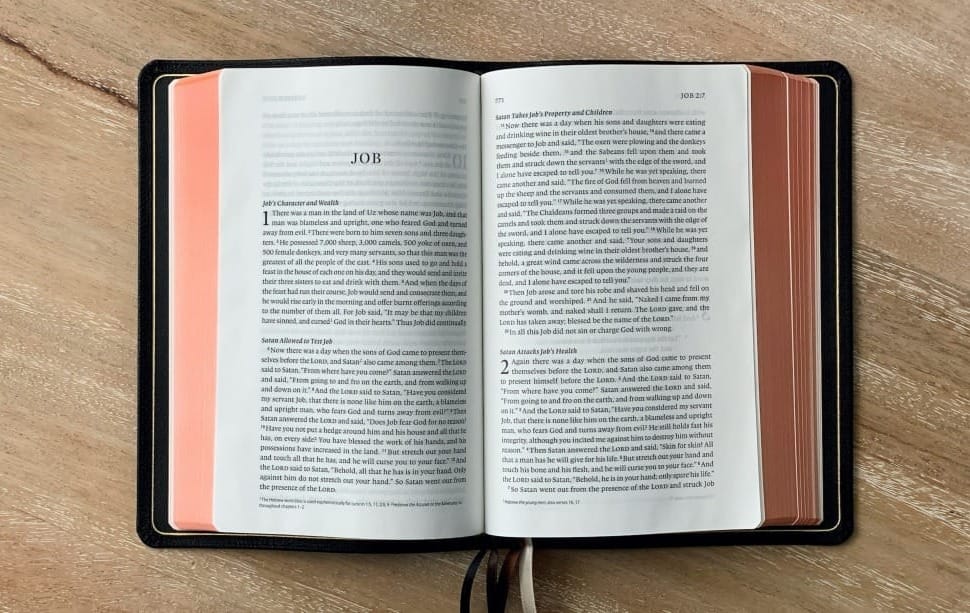Have Your Friends Deserted You? (Job 4-7)
How should you respond when your friends accuse you rather than comfort you?

Job 4-7
Today's Scripture Passage
A Few Thoughts to Consider
What do you do when your friends are of no help?
In Job 4-7, Job’s friend Eliphaz the Temanite begins the first cycle of dialogue by responding to Job’s lament. Eliphaz suggests that suffering is a result of wrongdoing and argues that Job, being a righteous man, should accept God’s discipline as a form of correction rather than punishment.
As Christopher Ash writes, “Eliphaz has a simple and logical system. He will never let the evidence get in the way of this system. In a cold way it provides him with a kind of reassurance.”[1] In Eliphaz’s mind, human pain is a sign of God’s judgment. This is how he was trained to think, and even though he has no reason to accuse Job, he does so anyway because that is all he knows to do.
In response, Job rejects Eliphaz’s implication that he has sinned. He expresses his intense physical and emotional agony, lamenting the futility of human life and the lack of solace from his friends. Job appeals directly to God, yearning for relief or understanding of his suffering while questioning why such overwhelming hardship has been placed upon him despite his blameless life. And he also questions his friends. In Job 6:14-16, Job laments:
14 A despairing man should receive loyalty from his friends,
even if he abandons the fear of the Almighty.
15 My brothers are as treacherous as a wadi,
as seasonal streams that overflow
16 and become darkened because of ice,
and the snow melts into them.





